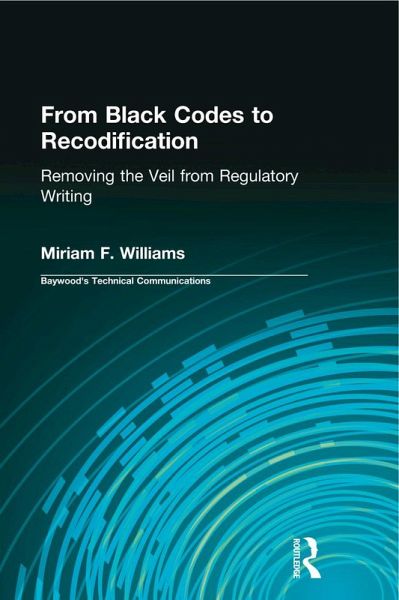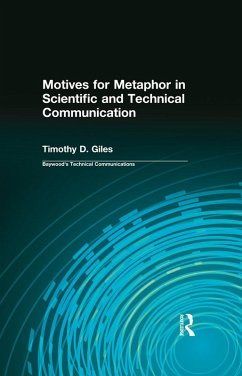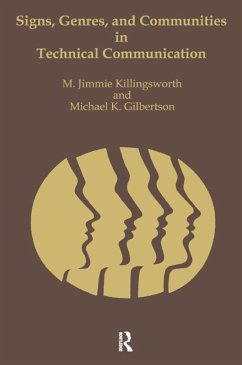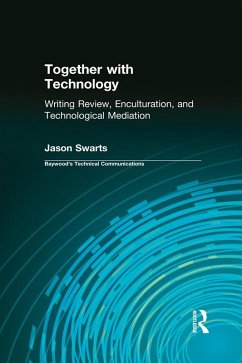
From Black Codes to Recodification (eBook, ePUB)
Removing the Veil from Regulatory Writing
Versandkostenfrei!
Sofort per Download lieferbar
43,95 €
inkl. MwSt.
Weitere Ausgaben:

PAYBACK Punkte
22 °P sammeln!
First Published in 2017. This book examines Texas regulations dating as far back as the Texas Black Codes of 1866 to contemporary Texas Child Care Licensing regulations. It presents case studies that test contemporary African American perceptions of various styles of regulatory writing.
Dieser Download kann aus rechtlichen Gründen nur mit Rechnungsadresse in A, B, BG, CY, CZ, D, DK, EW, E, FIN, F, GR, HR, H, IRL, I, LT, L, LR, M, NL, PL, P, R, S, SLO, SK ausgeliefert werden.













